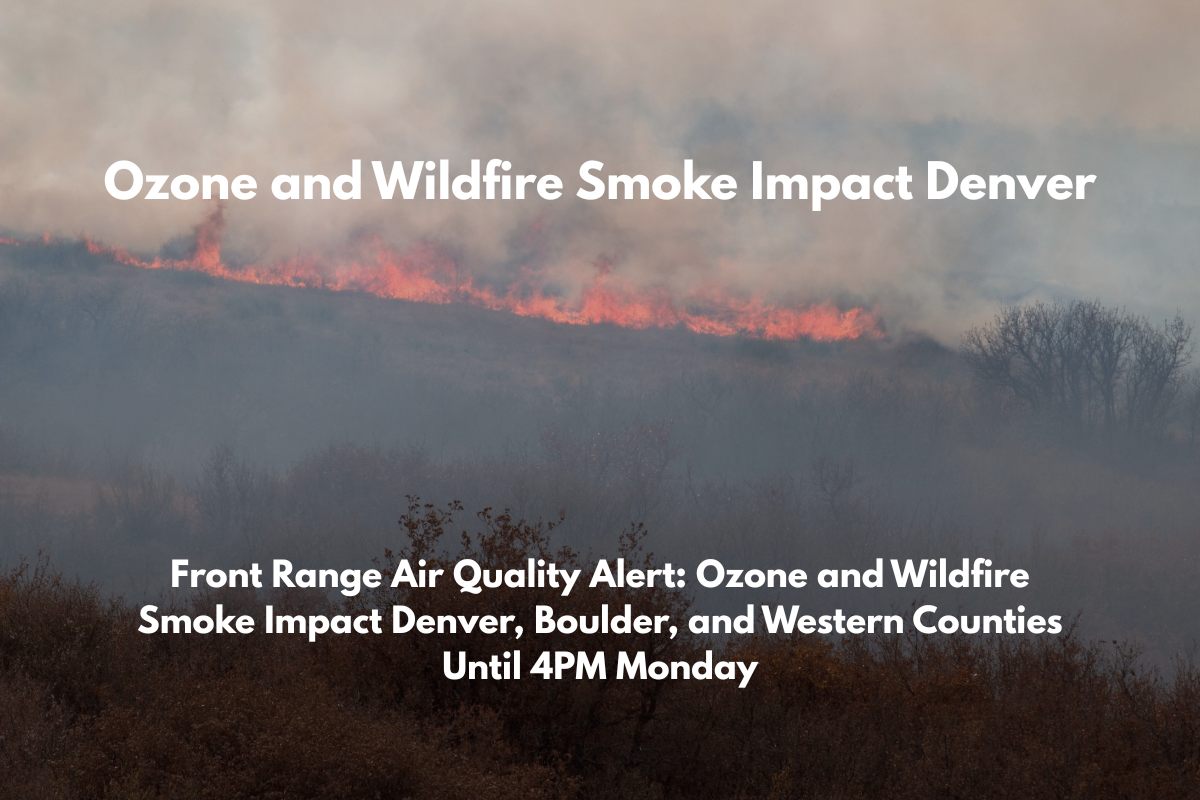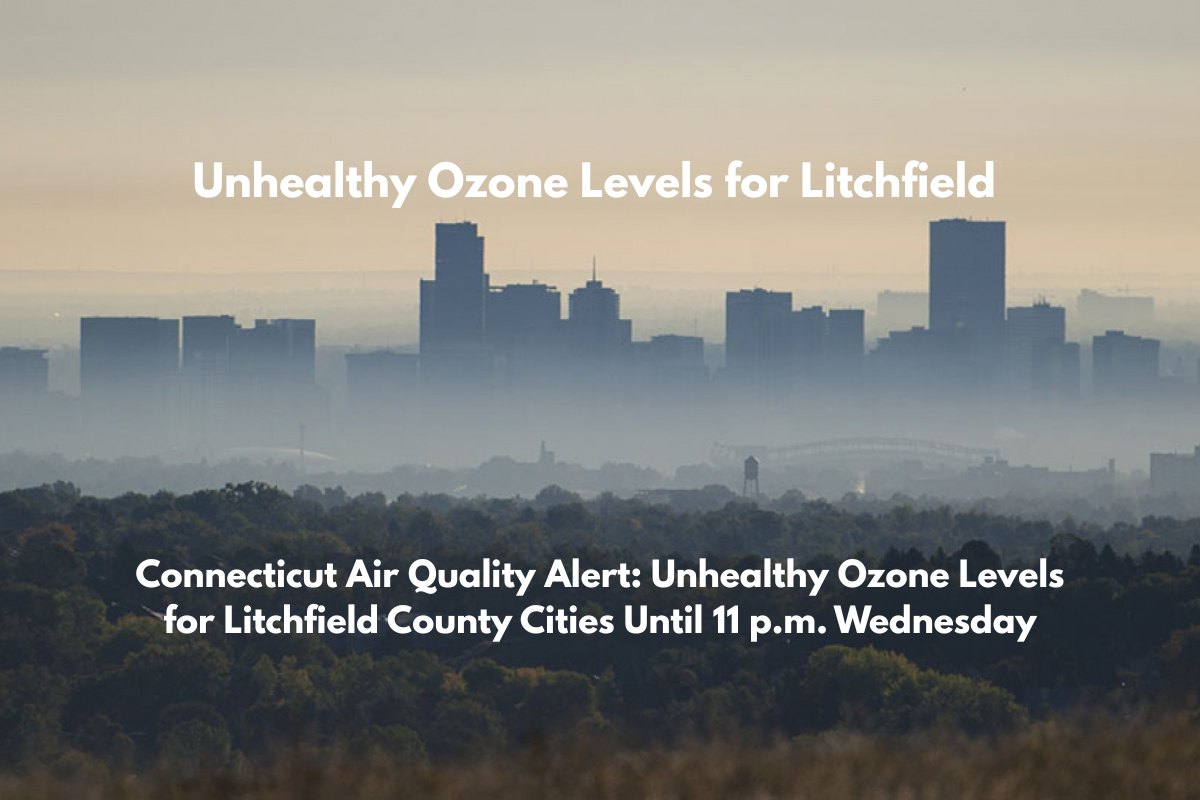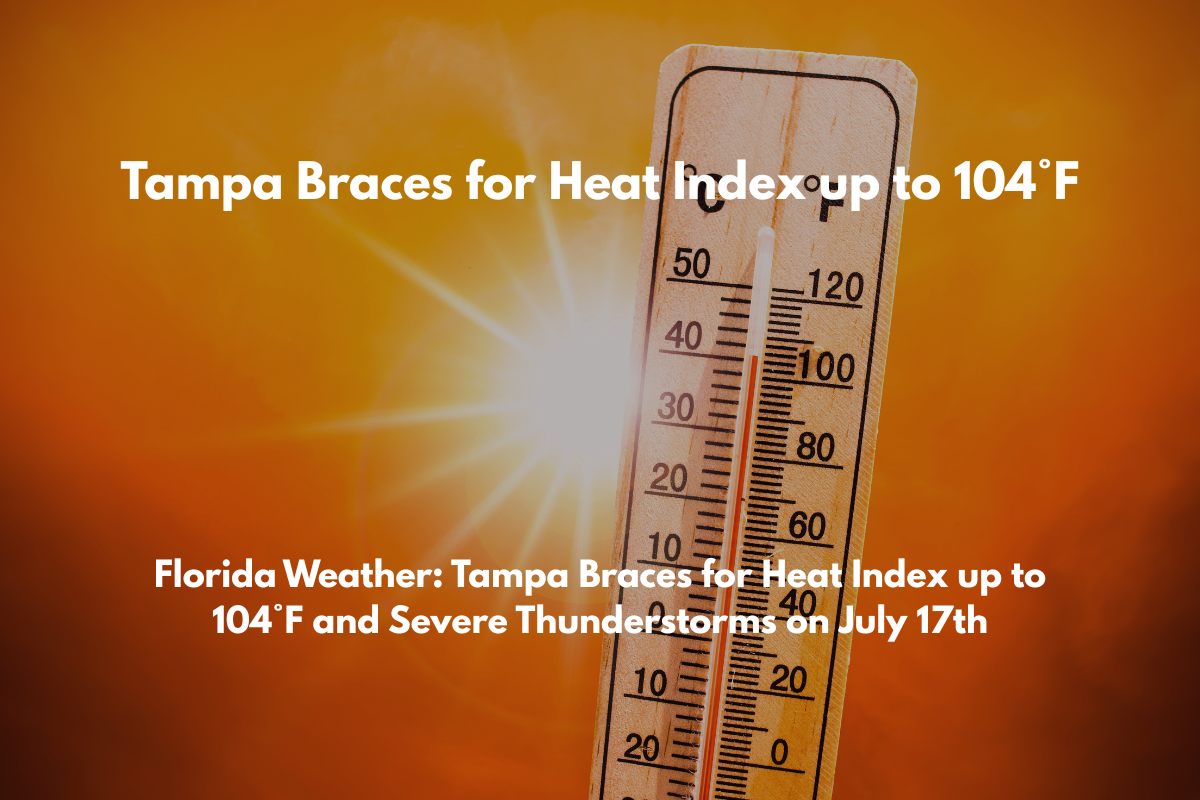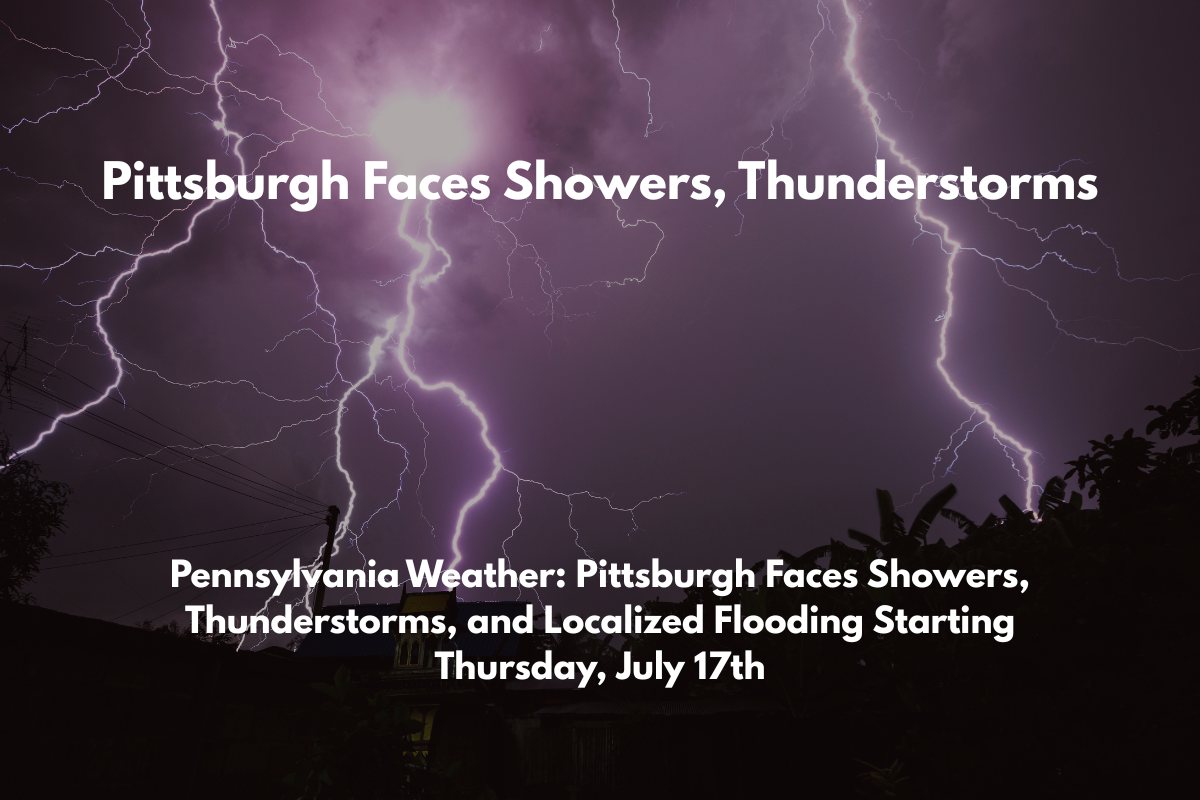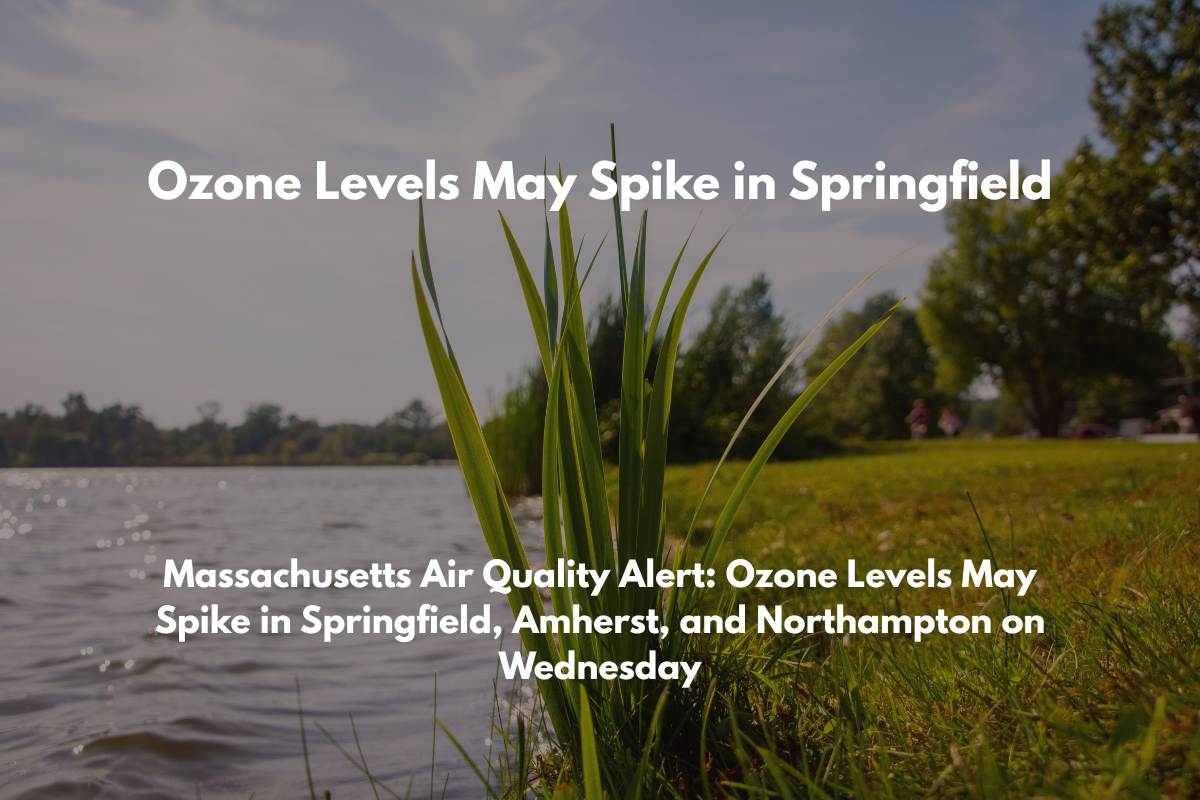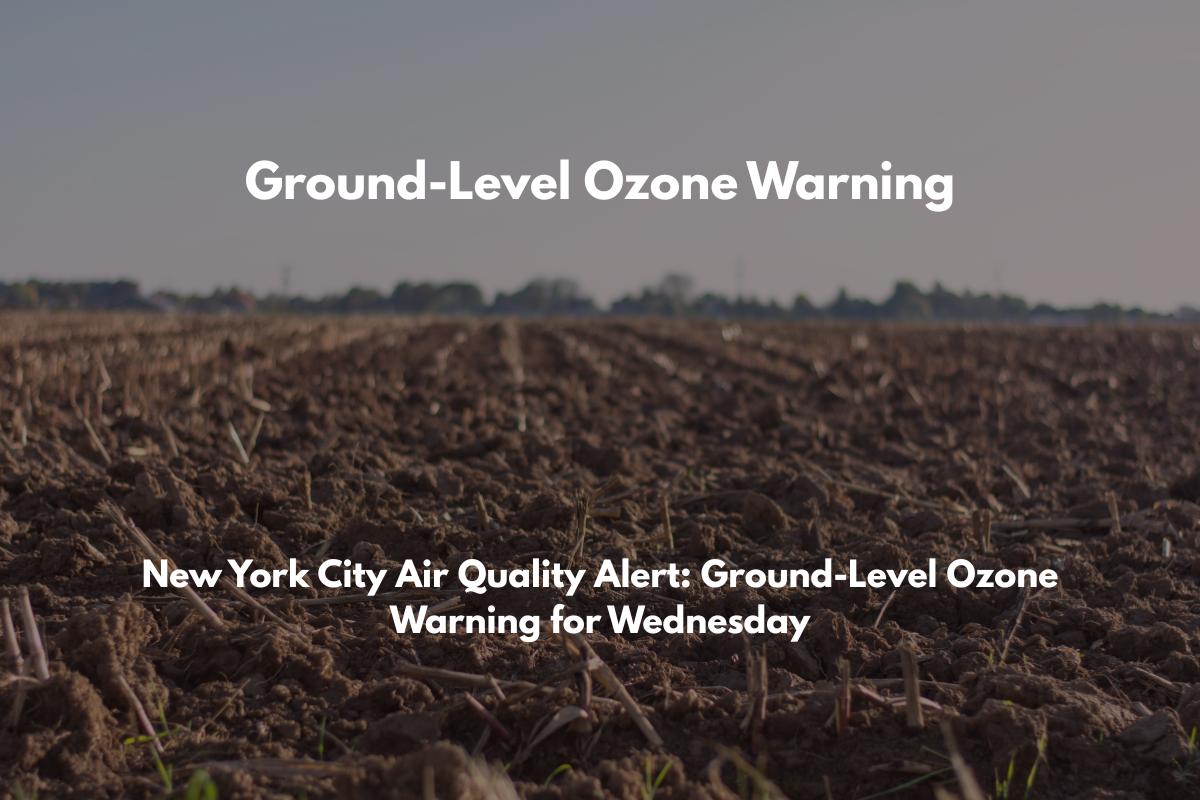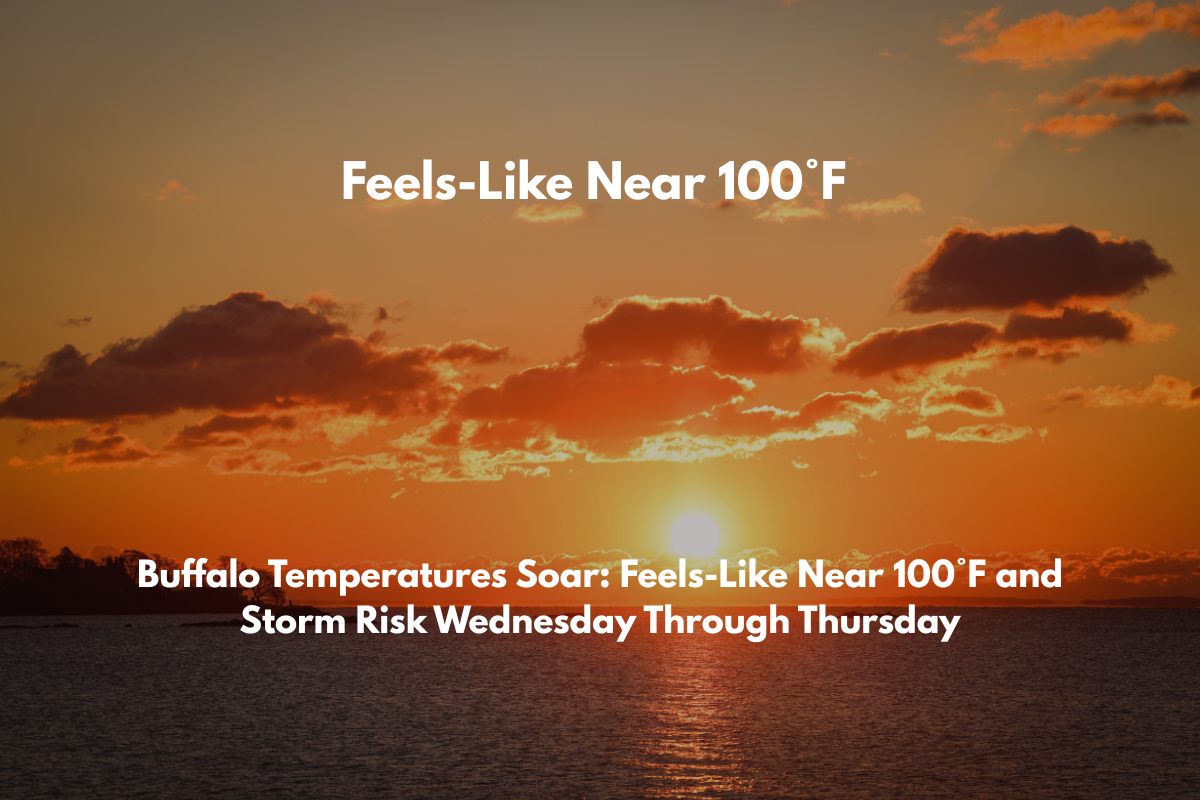Denver, Colorado – Hot and stagnant weather has led to unhealthy air quality across Colorado’s Front Range, including Denver, Boulder, Fort Collins, and surrounding counties.
Ozone levels have spiked to hazardous levels for sensitive groups, while wildfire smoke from western and southern Colorado adds to the pollution. This air quality alert will remain in effect until 4 p.m. Monday.
Ozone Action Day and Health Concerns
The Colorado Department of Public Health and Environment has issued an Ozone Action Day Alert for several counties, including Denver, Boulder, Weld, Larimer, and others. Ozone pollution is expected to remain at unhealthy levels, especially in western metro neighborhoods and along I-25 north.
State officials are urging residents, especially sensitive individuals such as children, older adults, and those with asthma or lung disease, to limit outdoor activities. Drivers are also encouraged to reduce the use of gas or diesel vehicles to help minimize further pollution.
Wildfire Smoke Impact
In addition to ozone pollution, wildfire smoke from fires across western and southern Colorado is contributing to poor air quality. An Air Quality Health Advisory has been issued for areas such as La Plata, Gunnison, Montrose, and Mesa counties until 9 a.m. Monday. As the smoke settles, visibility could drop below five miles, creating further hazards, particularly in Durango, Telluride, and Gunnison.
State health officials recommend staying indoors, closing windows, and using air filtration systems to protect against harmful air quality. If symptoms like coughing or difficulty breathing occur, it’s essential to avoid outdoor activities until conditions improve.
What You Can Do
Stay indoors if the air appears thick, especially if you are in sensitive groups such as children or those with respiratory conditions.
Keep windows closed and use air filtration devices if available.
Limit outdoor activities, particularly exercise or exertion in areas with poor air quality.
Limit driving in gas or diesel vehicles to reduce pollution levels further.
Looking Ahead
Both the Ozone Action Day Alert and the Air Quality Health Advisory may be extended if high temperatures and wildfire activity continue to affect the region. Stay informed by monitoring updates from local health authorities and the Colorado Department of Public Health and Environment.
